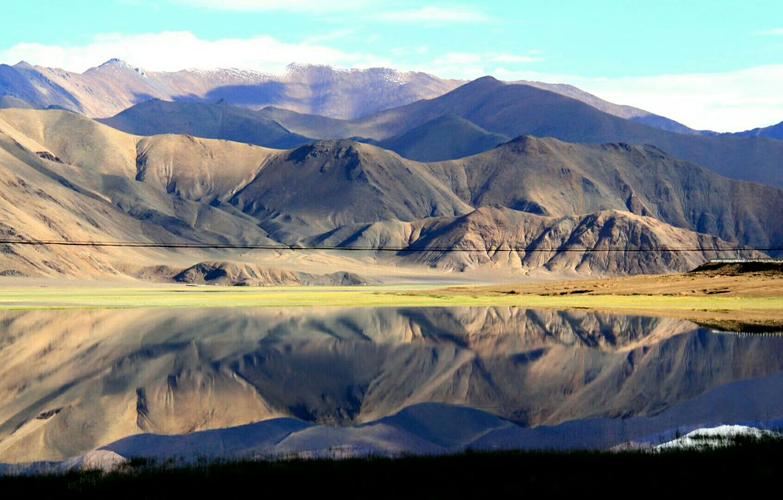From the beginning of humanity, people have been forming communities and developing ways of life to survive and thrive in their environments. Hunter-gatherer societies were the first form of civilization, and they were characterized by small groups of people who hunted, fished, and gathered food to survive.
Over time, these societies developed agriculture, which allowed for larger settlements and the ability to store excess food. This led to the development of cities and the rise of civilizations like the Ancient Egyptians, Greeks, and Romans.
The Middle Ages saw the rise of feudalism, a hierarchical system of land ownership and social status. This gave way to the Renaissance, a period of cultural and intellectual growth in Europe. With the Age of Enlightenment and the Industrial Revolution, significant changes were made in politics, economics, and science.
Today, we live in a global society where technology and globalization have changed the way we live our lives. Our modern world is characterized by rapid change, innovation, and increasing globalization. The history of human civilization has been marked by significant changes and growth, and it continues to evolve as we move forward into the future.
(Note: Do you have knowledge or insights to share? Unlock new opportunities and expand your reach by joining our authors team. Click Registration to join us and share your expertise with our readers.)
Speech tips:
Please note that any statements involving politics will not be approved.
